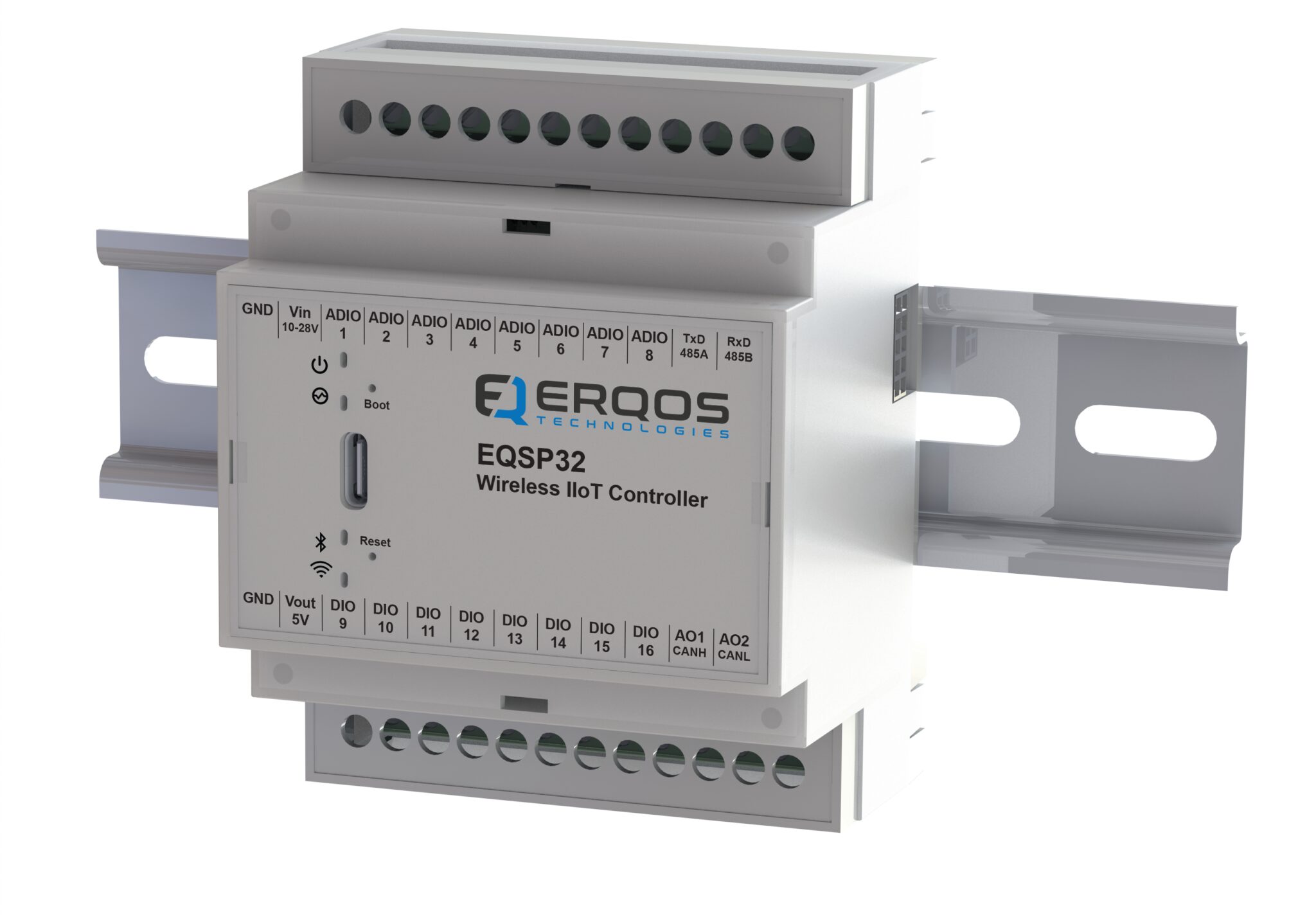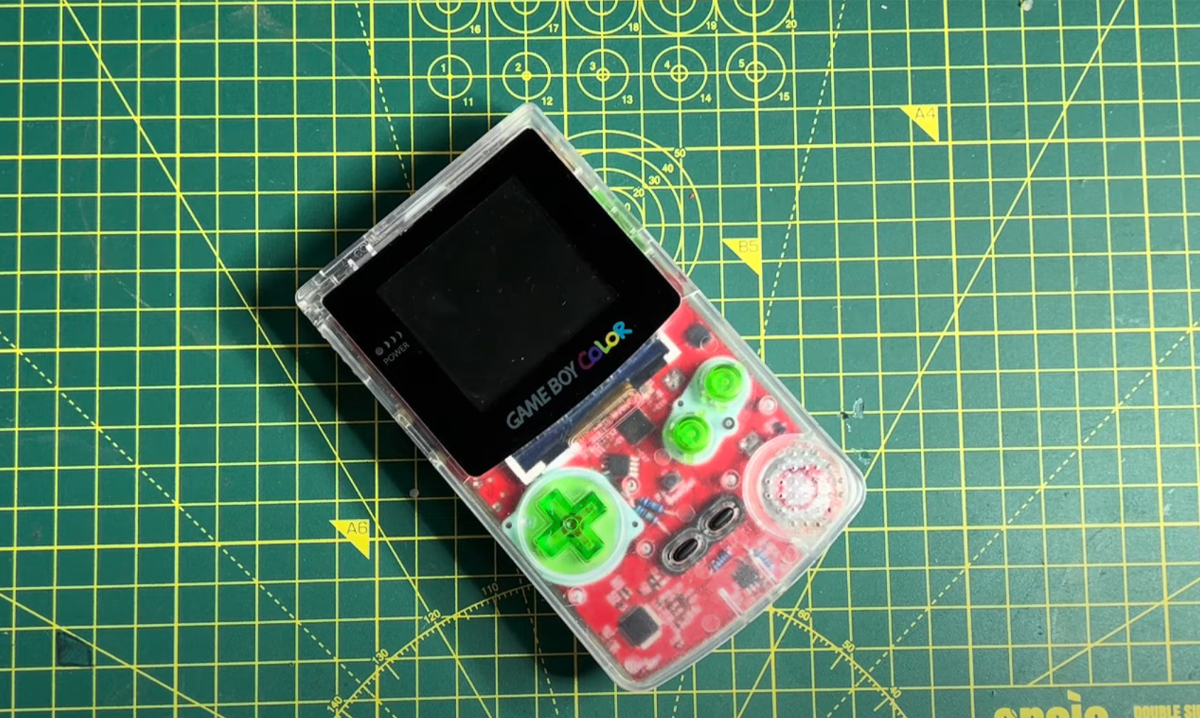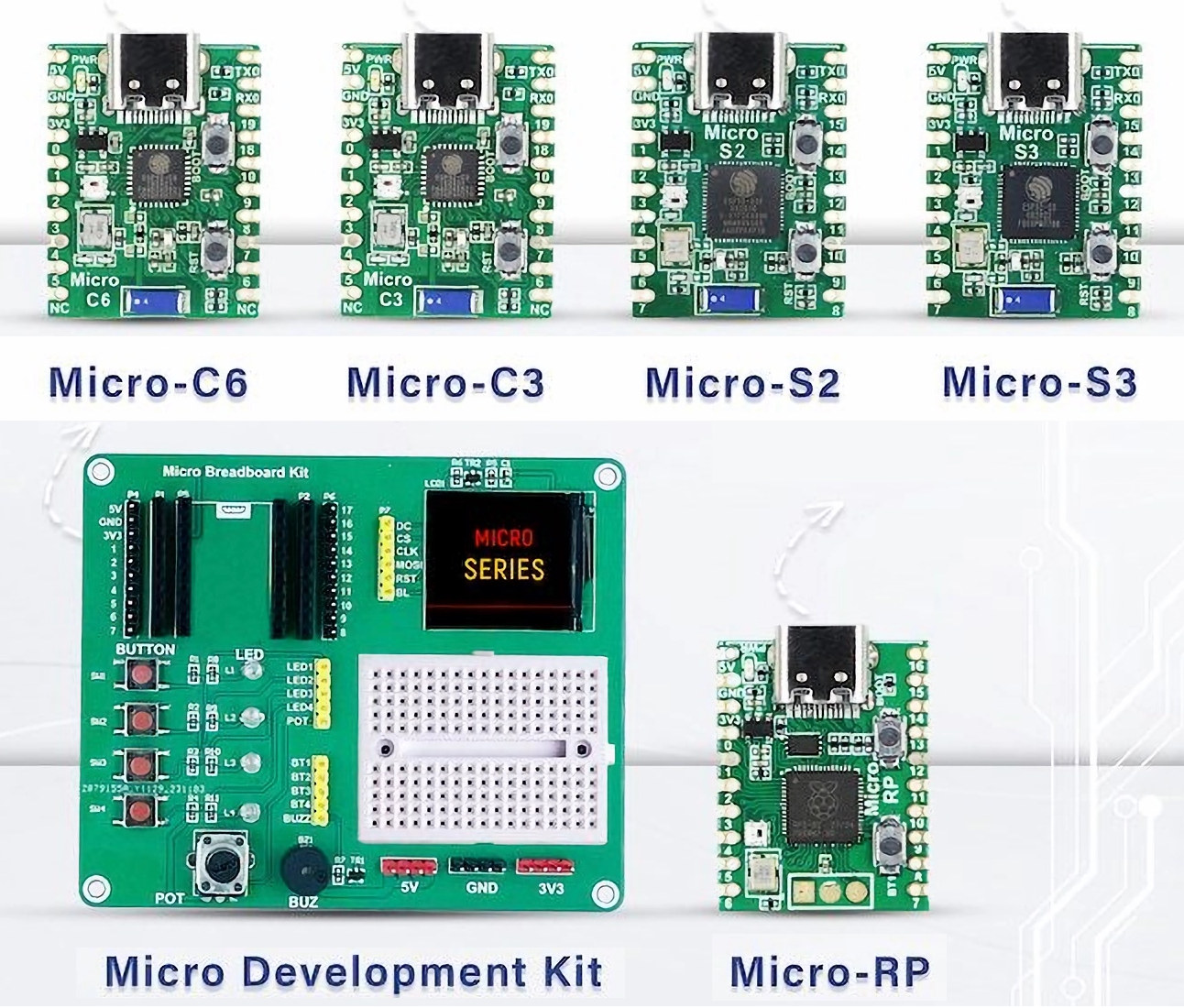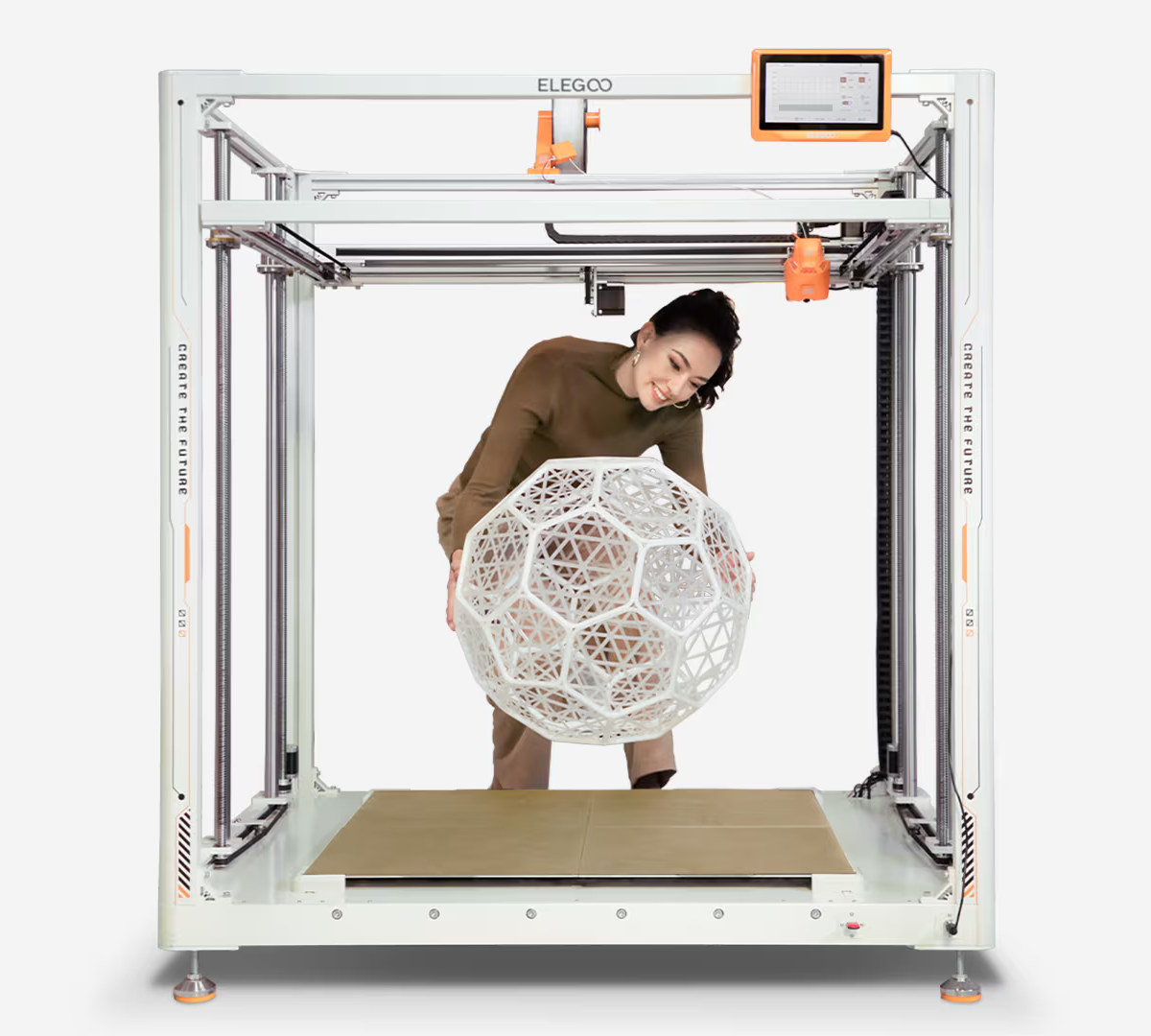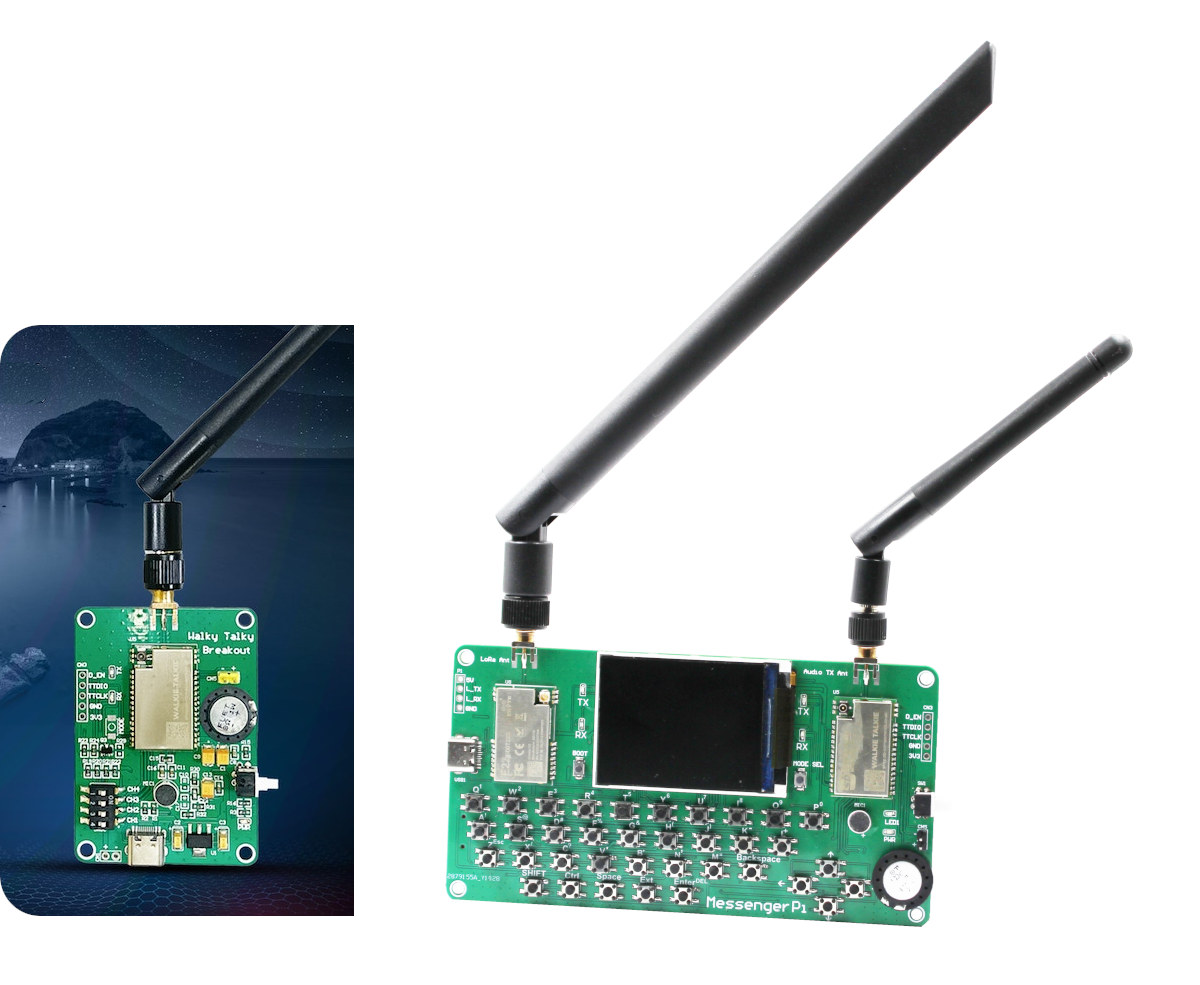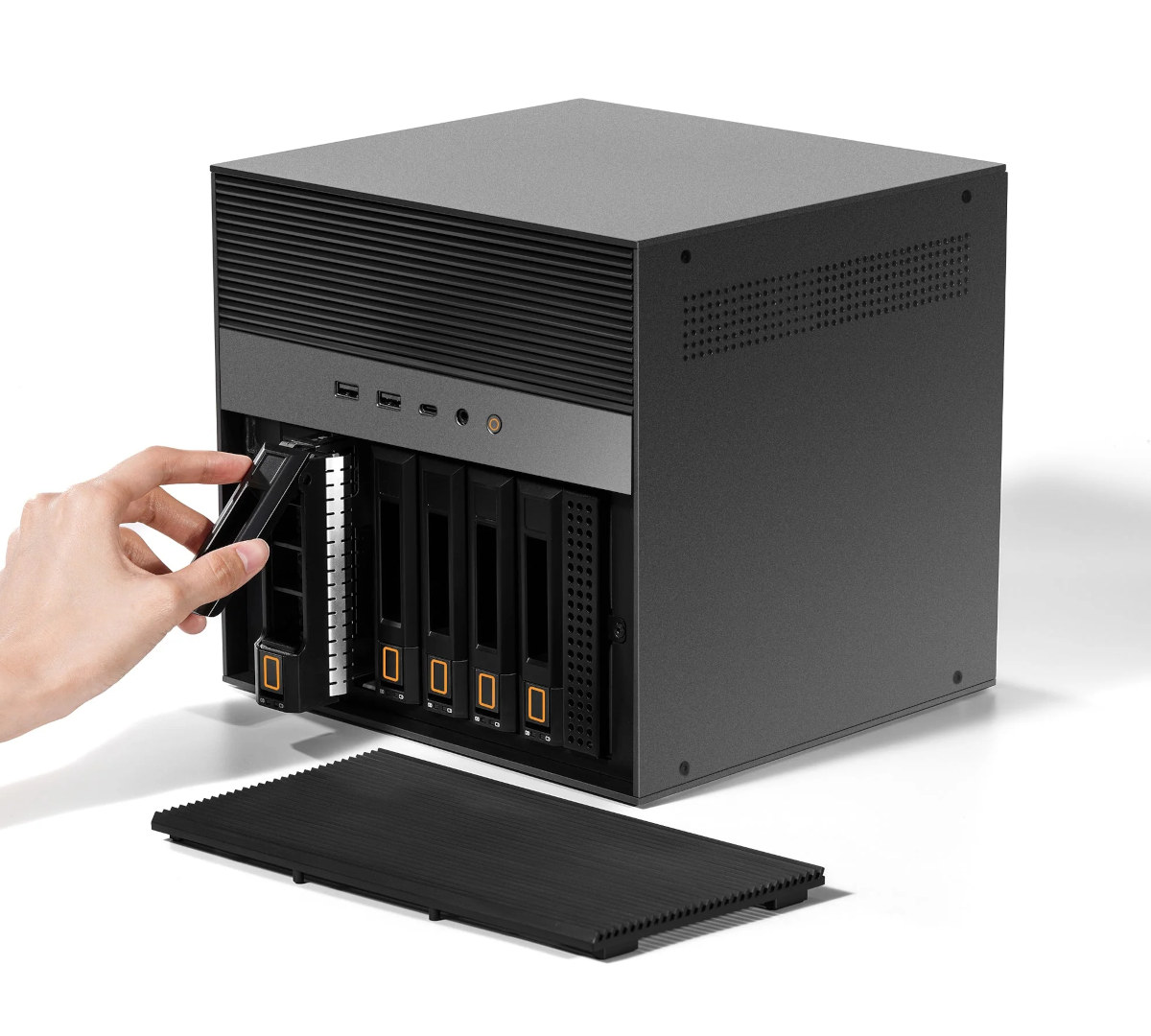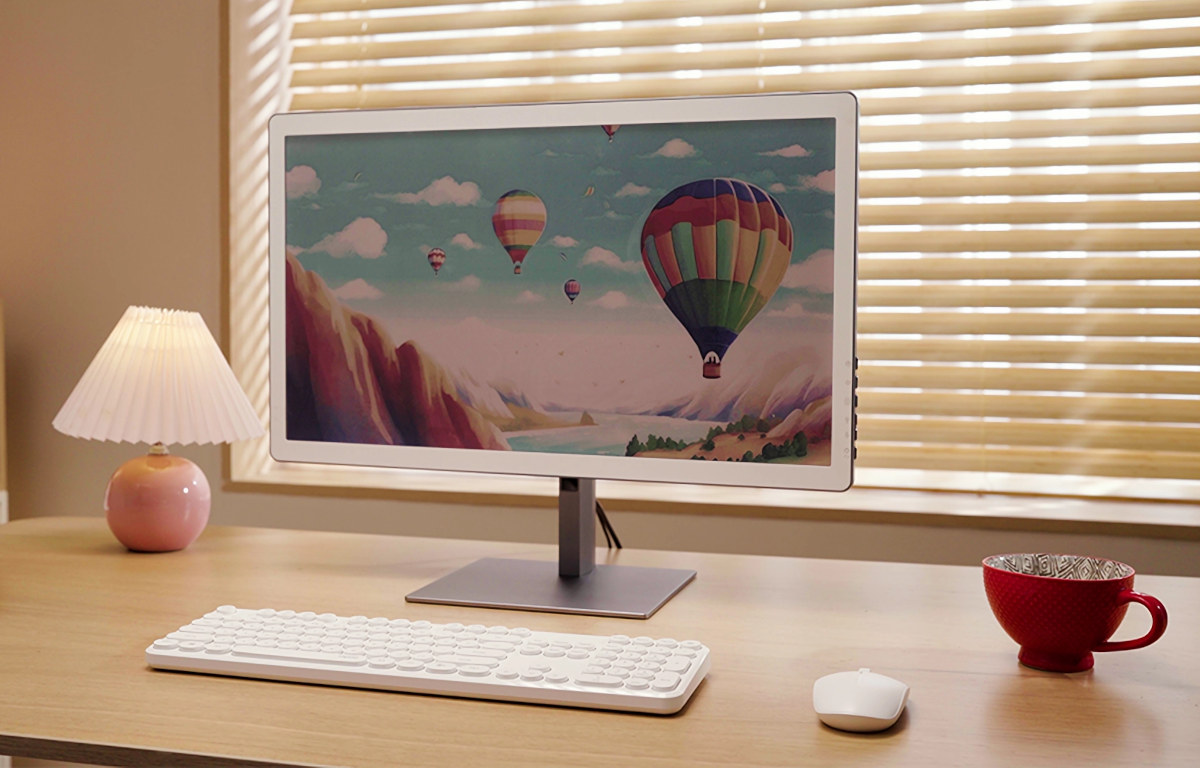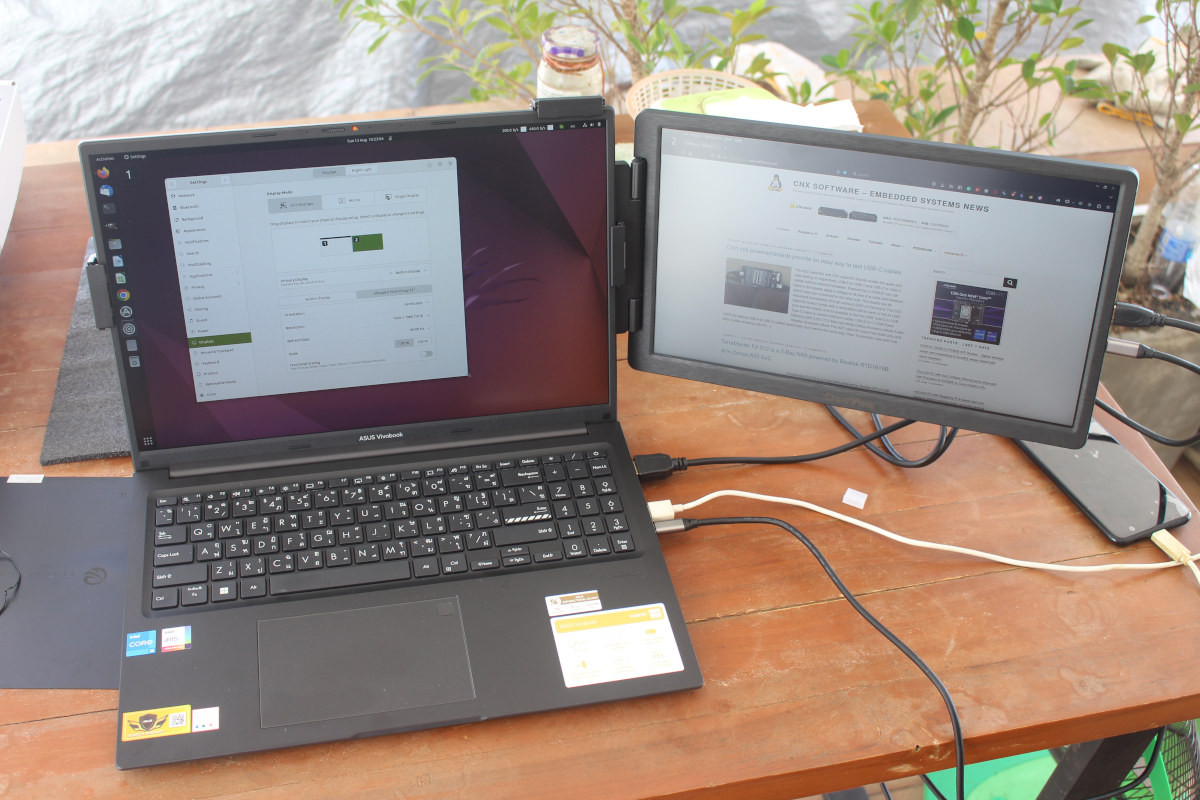The EQSP32 controller is a complete, end-to-end solution for IoT applications that recently launched on Kickstarter. It is a compact, wireless Industrial IoT controller based on the ESP32-S3 wireless SoC with a 250MHz dual-core processor, 512KB of RAM, and 8MB of flash memory. The product leverages artificial intelligence and code for automation projects can be generated automatically by the bundled generative AI programming assistant. The EQSP32 controller features 16 terminals that can be configured as analog or digital inputs, or as digital outputs. Switches, pushbuttons, keypads, LED strips, sensors, servos, potentiometers, etc., can be connected to these terminals. It is similar to the EdgeBox-Edge-100 we covered a while back but lacks an Ethernet port and uses less power overall. EQSP32 specifications: SoC: Espressif Systems ESP32-S3 dual-core Tensilica LX7 microcontroller @ 240 MHz, 512KB RAM Memory – 8MB flash Network Connectivity: Bluetooth, WiFi USB – USB-C programming port I/O: 16 multipurpose […]
ReBoi Raspberry Pi Game Boy project blends classic gaming with modern tech (Crowdfunding)
James Sargent’s ReBoi Raspberry Pi Game Boy is a Raspberry Pi Zero-powered handheld console kit that easily snaps and screws together without soldering. Its design allows the PCB to fit snugly into both original and replica Nintendo Game Boy Color cases. We’ve seen several handheld consoles with powerful processors and great portability, including the Raspberry Pi CM4 console similar to a Nintendo Switch Lite, GPD WIN Max, LyRa RPi CM3L, and many other gaming consoles. Key Highlights of the ReBoi Raspberry Pi Game Boy Kickstarter Project: Core Concept: A Raspberry Pi-powered handheld that revives the classic Game Boy console. Continues the tradition of distributing DIY electronics as kits. Enabling anyone to build their own Game Boy. Accessibility and Ease of Assembly: No soldering is required; the kit snaps and screws together. Comprehensive website with documentation and tutorials for easy assembly. Raspberry Pi Zero and RP2040 Integration: Integrates Raspberry Pi Zero […]
Microflex MCUs – Tiny USB development boards based on ESP32-S3, ESP32-S2, ESP32-C3, ESP32-C6, or Raspberry Pi RP2040 (Crowdfunding)
SB Components is back with yet another crowdfunding campaign this time with the Microflex MCUs USB development boards all with the same tiny form factor and offered with a choice of five microcontrollers namely Raspberry Pi RP2040, ESP32-S3, ESP32-S2, ESP32-C3, or ESP32-C6. Microflex MCUs share the same layout with a USB-C port for power and programming, a built-in RGB LED, two buttons for Boot and Reset/User, and two rows of 10-pin with through and castellated holes to access the GPIOs and power signals such as 5V, 3.3V, and GND. But they differ in terms of the processor used, wireless features, and available I/Os as shown in the table below which sadly lacks any information about the flash and eventual PSRAM… The illustration below includes some more details for the Micro-C6 with the main components, ports, and a pinout diagram. Programming the firmware for the ESP32-series can be done through the […]
ELEGOO OrangeStorm Giga is an enormous 3D printer that supports up to four nozzles (Crowdfunding)
If you’ve found yourself frustrated more than once because the build volume of your 3D printer was too small for your prints, the ELEGOO OrangeStorm Giga should meet most people’s requirements as the enormous 3D printer offers an 800 x 800 x 1,000mm building volume, and can also be fitted with four nozzles and filament spools to print multiple objects at the same time. Besides the ability to print larger objects and multiple objects, you won’t need to find a table for it, since the gigantic 3D printer would typically be installed on the floor. Those large 3D printers have been available to businesses for years, but it’s the first time I’ve seen a consumer-grade 3D printer with those dimensions! ELEGOO OrangeStorm Giga specifications: Build Volume – 800 x 800 x 1,000mm Nozzle Maximum Temperature – 300°C Nozzle Diameter – 0.6mm Number of nozzles – 1, expandable to 4 Hot […]
MessengerPi – A LoRa messenger and walkie-talkie based on Raspberry Pi RP2040 (Crowdfunding)
SB Components MessengerPi is a DIY messenger and walkie-talkie based on a Raspberry Pi RP2040 that relies on LoRa communication for P2P messaging over distances of up to 5 kilometers and calls up to 300 meters away. The company actually provides two boards: the MessengerPi itself for both calls and messaging with a keyboard, and the smaller “Walky Talky” board for audio communication only and without a LoRa module. Messenger Pi specifications: MCU – Raspberry Pi RP2040 dual-core Cortex-M0+ microcontroller @ 133 MHz with 264KB SRAM Storage – MicroSD card slot Wireless Ebyte E22-900T22S LoRa module (also used in the company’s LoRa HAT for Raspberry Pi) Based on the Semtech SX1262 transceiver Operates in the 850 MHz to 930 MHz band Up to 5km LoRa text messaging SB Components marked Walkie-Talkie module 16 FRS channels Tx Power – Up to 17 dBm Rx sensitivity – Up to -98dBm Audio communication […]
ZimaCube 6+1-bay NAS offers 2.5GbE, PCIe slots, with either Intel Processor N100 or Core i5-1235U SoC (Crowdfunding)
IceWhale Technology, the company behind the line of ZimaBoard x86 SBCs, has now introduced the ZimaCube (Pro) 6+1-bay NAS equipped with either an Intel Processor N100 Alder Lake-N processor or a more powerful Intel Core i5-1235U Alder Lake-P CPU with additional 2.5GbE ports, PCIe expansion slots, and M.2 sockets. Both models support up to six 2.5-inch or 3.5-inch SATA drives, support for M.2 NVMe SSDs, offer 2.5GbE networking, six USB ports, and one or more PCIe expansion with either PCIe Gen3 (Processor N100) or PCIe Gen4 (Core i5-1235U) enabling the addition of a graphics card, high-speed network cards, and more. ZimaCube (Pro) specifications: SoC ZimaCube – Intel Processor N100 quad-core Alder Lake-N processor @ up to 3.4 GHz (Turbo) with 6MB cache, 24EU Intel HD graphics @ up to 750 MHz; TDP: 6W ZimaCube Pro – Intel Core i5-1235U 10-core/12-thread Alder Lake U-Series processor with 2x Performance cores @ 1.3/4.4GHz, […]
BIGME B251 – An All-in-One color E-Ink computer and standalone monitor (crowdfunding)
The BIGME B251 is a 25.3-inch color E-Ink monitor that is also sold as an All-in-One (AIO) PC with a 12th generation Core-i5 processor, 16GB RAM, and a 1TB SSD. The B251 is based on the same E-ink Kaleido 3 color display with 3200×1800 resolution as the DASUNG E-Ink color monitor, but BIGME included some extra features such as a cold/warm dual front light and voice control. It’s also the first time I’ve seen an AIO PC with an E-Ink display. BIGME B251 key features and specifications: All-in-one model SoC – Unnamed 12th Generation Intel Core-i5 Alder Lake processor System Memory – 16 GB RAM Storage – 1TB SSD OS – Windows 11 Display – 23.5-inch color E-ink Kaleido 3 color screen with 3200 x 1800 resolution, xRapid-refresh Tech, adjustable image quality, warm and cold dual front light, support for landscape and portrait mode orientation, Video Input – HDMI, mini […]
Review of CrowView 14-inch portable monitor with laptops and mini PCs
I received an early sample of the CrowView 14-inch laptop monitor for review a few weeks ago, and regular readers may have seen me already use it in some mini PC reviews, but I’ve yet to review the monitor itself, so I’ll report my experience using both laptops and mini PCs running Windows 11 and Ubuntu 22.04. CrowView laptop monitor unboxing The display ships in a retail package highlighting the main features of the display such as its Full HD resolution, compatibility with 13 to 16.5-inch laptop displays, 160° viewing angle, and its mechanical clamping mechanism. The CrowView display ships with a 12V/2A power supply, USB-A to USB-C and USB-C to USB-C cables, an HDMI to mini HDMI cable, a velcro tie, some stickers, and a user manual in English. The clamping mechanism can be found on the back of the display. There are also four buttons on the bottom […]


